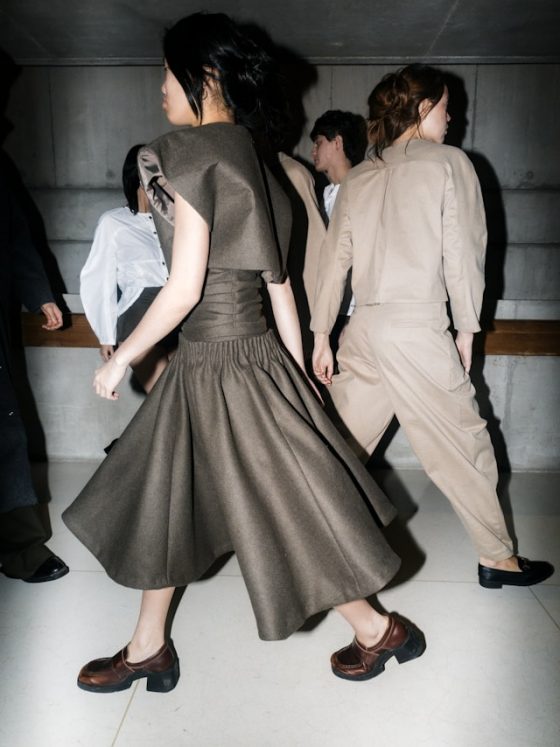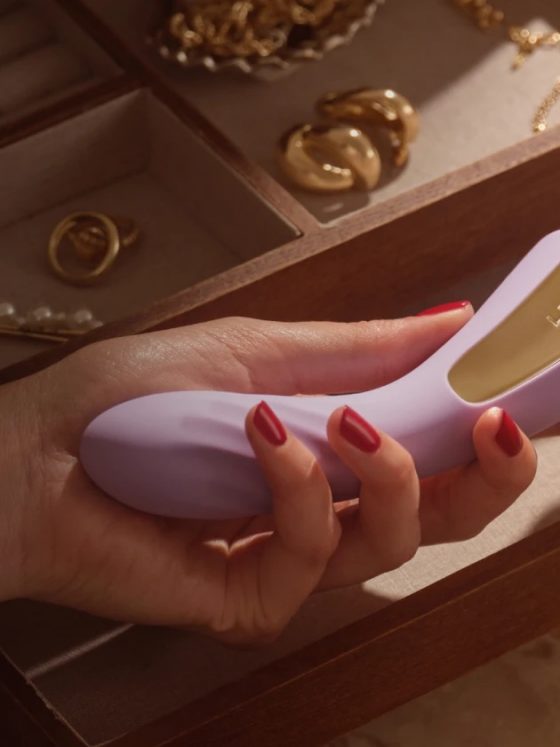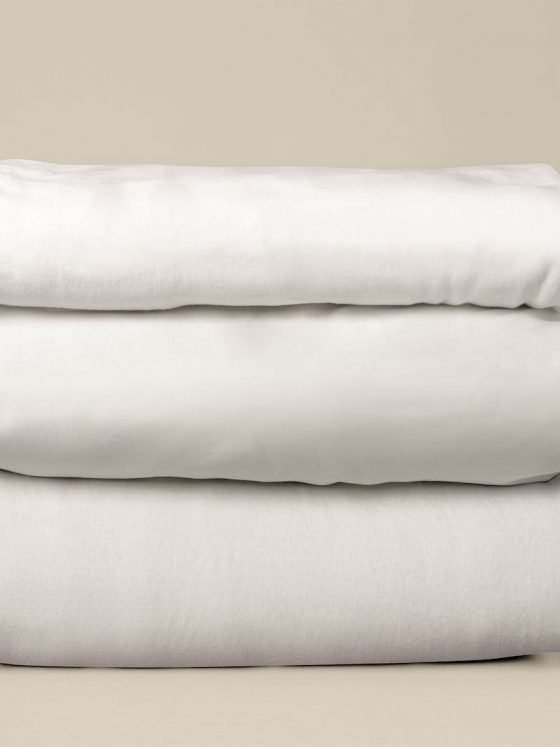The French luxury sector generates more than €75 billion in annual revenue and directly employs 600,000 people. Work in luxury is much more than just a job: it means joining a world of excellence where every detail counts and the pursuit of perfection guides every action.
Why work in luxury?
The luxury sector attracts many professionals with its advantageous working conditions and career prospects. Salaries in this field are generally 15 to 30% higher than those in traditional sectors, with attractive bonuses and benefits.
- Attractive compensation: salaries 20 to 40% higher than market standards depending on the position.
- Continuing education: training budgets represent 3 to 5% of payroll.
- International mobility: expatriation opportunities in 70 countries for leading groups.
- Professional network: contacts with influential figures and recognized experts.
- Skills development: learning unique artisanal techniques.
- Professional recognition: enhancing your CV and industry reputation.
| Criteria | Luxury sector | Traditional sector |
| Average salary | €45,000 – €80,000 | €35,000 – €55,000 |
| Training budget | 4% of payroll | 1.5% of payroll |
| International mobility | 65% of positions | 20% of positions |
| Career development | 3-5 years per promotion | 5-8 years old per class |
| Benefits in kind | Products, travel, events | Limited |
| Job stability | Very high (2% turnover) | Moderate (8-12% turnover) |
What studies are required to enter the luxury sector?
Work in luxury requires specialized training that combines academic excellence with practical skills. Recruiters favor profiles from leading business schools, prestigious universities, or institutions specializing in luxury goods.
Short, certified training programs are gaining popularity, with 40% of recent hires involving specialized Bac+3 to Bac+5 graduates.
| Rank | Training | School | Duration | Cost | Insertion rate |
| 1 | Master Luxury Management | ESSEC | 15 months | €45,000 | 95% |
| 2 | MSc in Luxury Management & Marketing | EMLYON | 18 months | €35,000 | 98% |
| 3 | Master Management in Luxury | IFM | 24 months | €18,000 | 90% |
| 4 | MS Luxury Marketing | EDHEC | 12 months | €35,000 | 88% |
| 5 | Master International Luxury | Sup de Luxe | 24 months | €22,000 | 85% |
| 6 | Professional License in Luxury Professions | Université | 12 months | €3,500 | 78% |
Which luxury professions are recruiting?
The luxury sector is experiencing sustained growth, with more than 25,000 new hires annually in France. Demand is primarily focused on sales functions (35% of openings), digital and e-commerce (20%), and creative and technical professions (18%).
| Rank | Job | Number of offers 2024 | Average salary | Required level | Growth |
| 1 | Luxury Sales Consultant | 3,200 | €28,000 – €45,000 | Bac+2/3 | +15% |
| 2 | Store Manager | 1,800 | €40,000 – €65,000 | Bac+3/5 | +12% |
| 3 | Product Manager | 1,500 | €45,000 – €75,000 | Bac+5 | +8% |
| 4 | Digital marketing manager | 1,200 | €50,000 – €80,000 | Bac+5 | +25% |
| 5 | Visual merchandiser | 950 | €35,000 – €55,000 | Bac+3 | +10% |
| 6 | Area manager | 800 | €60,000 – €90,000 | Bac+5 | +18% |
| 7 | E-commerce manager | 750 | €55,000 – €85,000 | Bac+5 | +30% |
| 8 | Leather craftsman | 600 | €30,000 – €50,000 | CAP/BEP | +5% |
| 9 | Luxury community manager | 550 | €35,000 – €55,000 | Bac+3 | +20% |
| 10 | Quality controller | 500 | €40,000 – €60,000 | Bac+3 | +7% |
Tips for successfully work in luxury
Companies in the sector favor candidates who demonstrate in-depth knowledge of their industry codes, a genuine passion for excellence, and strong technical skills. The average selection rate reaches 95% for permanent positions, requiring an impeccable application and strong differentiation.
Develop or acquire specific know-how
70% of recruiters favor candidates who can demonstrate concrete expertise in their field. Short specialized training courses allow candidates to quickly acquire valuable skills.
Certificates in gemology (6 months), introductory watchmaking internships (3 months), or personal shopping training (2 weeks) open specific doors to work in luxury.
Companies often finance these training courses for their employees, representing an average investment of €8,000 per employee.
Be passionate about a brand and master its codes
Recruiters assess knowledge of the brand’s history, its iconic designers, and its signature pieces.
Mastering a brand’s specific codes requires several months of immersion. Visiting boutiques, studying catalogs, following fashion shows, and understanding its creative DNA are essential steps.
This exclusive initiation approach isn’t unique to luxury: in other areas, such as online casino bonuses, only seasoned professionals know how to take full advantage of the best offers and navigate the hidden intricacies.
Activate and cultivate your professional network
Professional networks generate 60% of recruitment in the luxury sector. LinkedIn has more than 150,000 French professionals in the sector, creating an ecosystem of exchanges and opportunities.
Participating in industry events, trade shows, and brand events also allows you to meet decision-makers directly.



























Follow us on Instagram